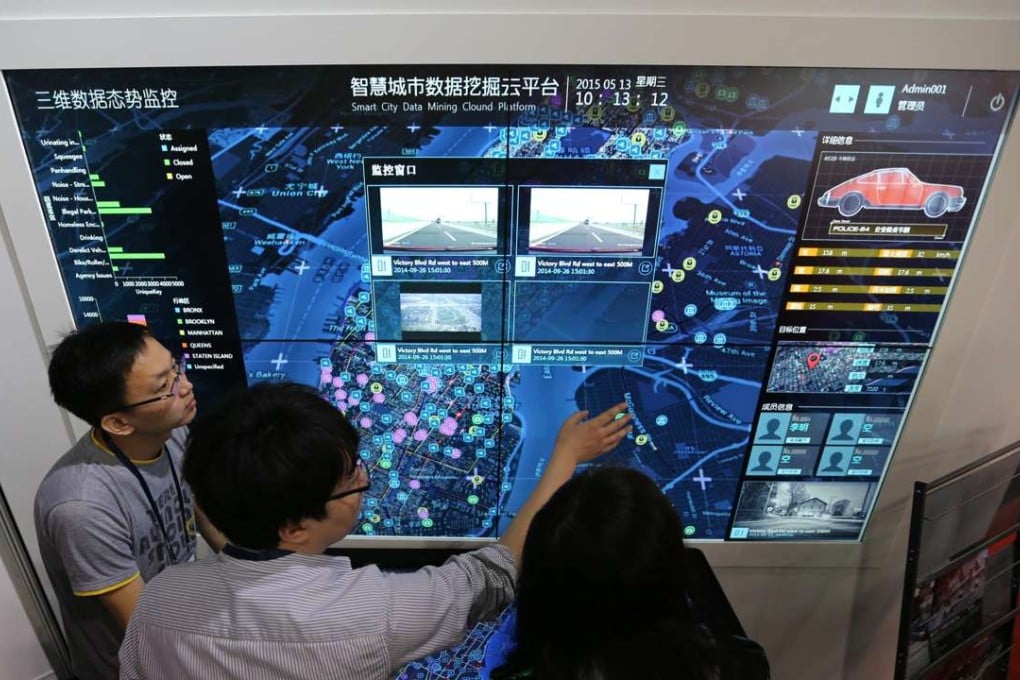Hong Kong faces challenge from Singapore in ‘smart city’ planning

Hong Kong could face a challenge from Singapore in attracting start-ups in the emerging Internet of Things (IoT) and connected devices markets, with the Lion City actively supporting entrepreneurs to develop ideas for its “Smart Nation” plans.
Although the Hong Kong government has identified IoT as a potential new economic driver, it is still in the early stages of developing a so-called smart city while Singapore is already promising to give start-ups a role in creating the city of the future.
Slava Solonitsyn, managing partner of Singapore-based hardware accelerator Enchant VC, said that while the city state is further away from manufacturers in southern China, its push to create a smart city is providing an opportunity for start-ups.
“For start-ups it’s not only about convenience, it’s also about the market. Singapore is doing a good job to try and plug start-ups into the ecosystem,” Solonitsyn said.
IoT is predicted to generate from US$4 trillion to US$11 trillion in value by 2025, according to consultancy McKinsey, with up to 30 billion connected devices in use by 2020.
Technology for smart cities ranges from sensors to track traffic flow to indoor temperature monitoring and falls under the Internet of Things umbrella.
Singapore Prime Minister Lee Hsien Loong announced plans to support the creation of a connected Smart Nation in 2014. Earlier this year, his government dedicated US$13.9 billion to research and development, including support for smart cities technology.